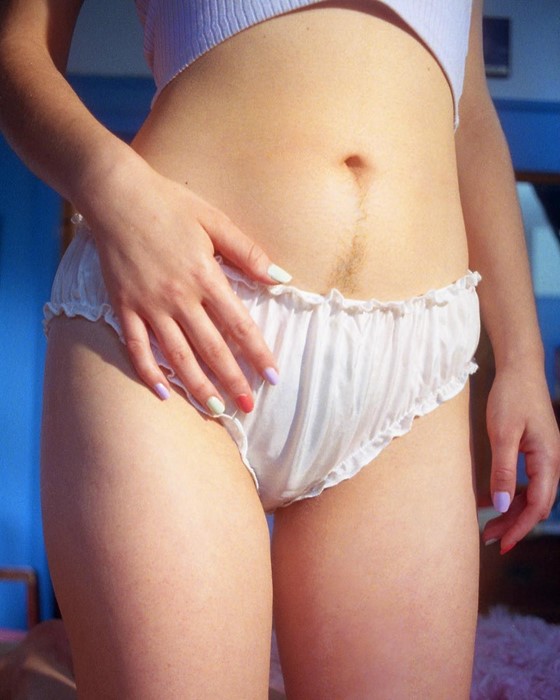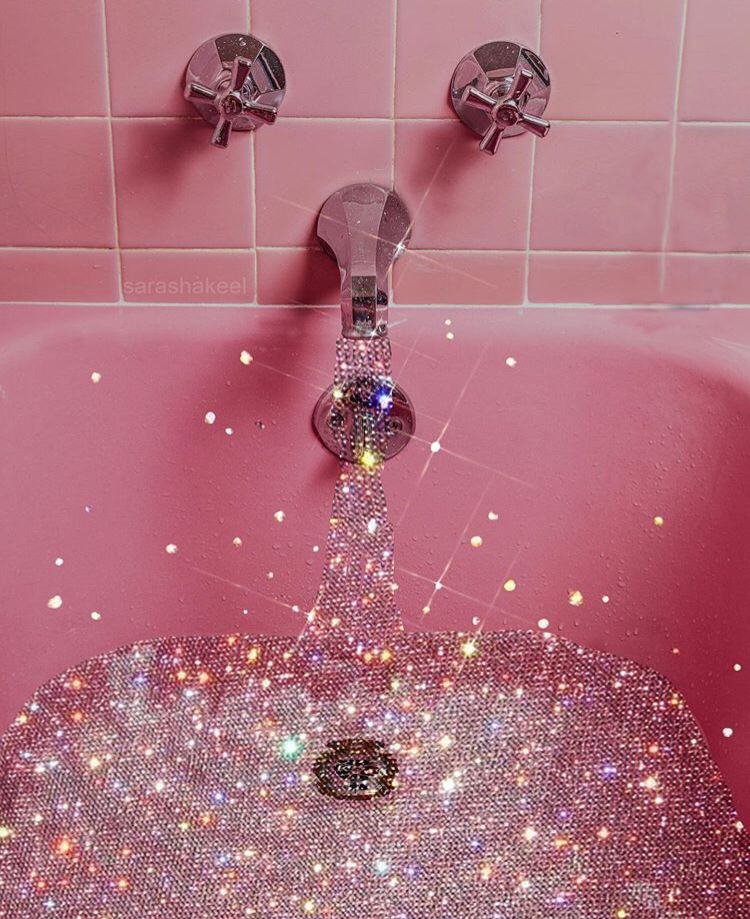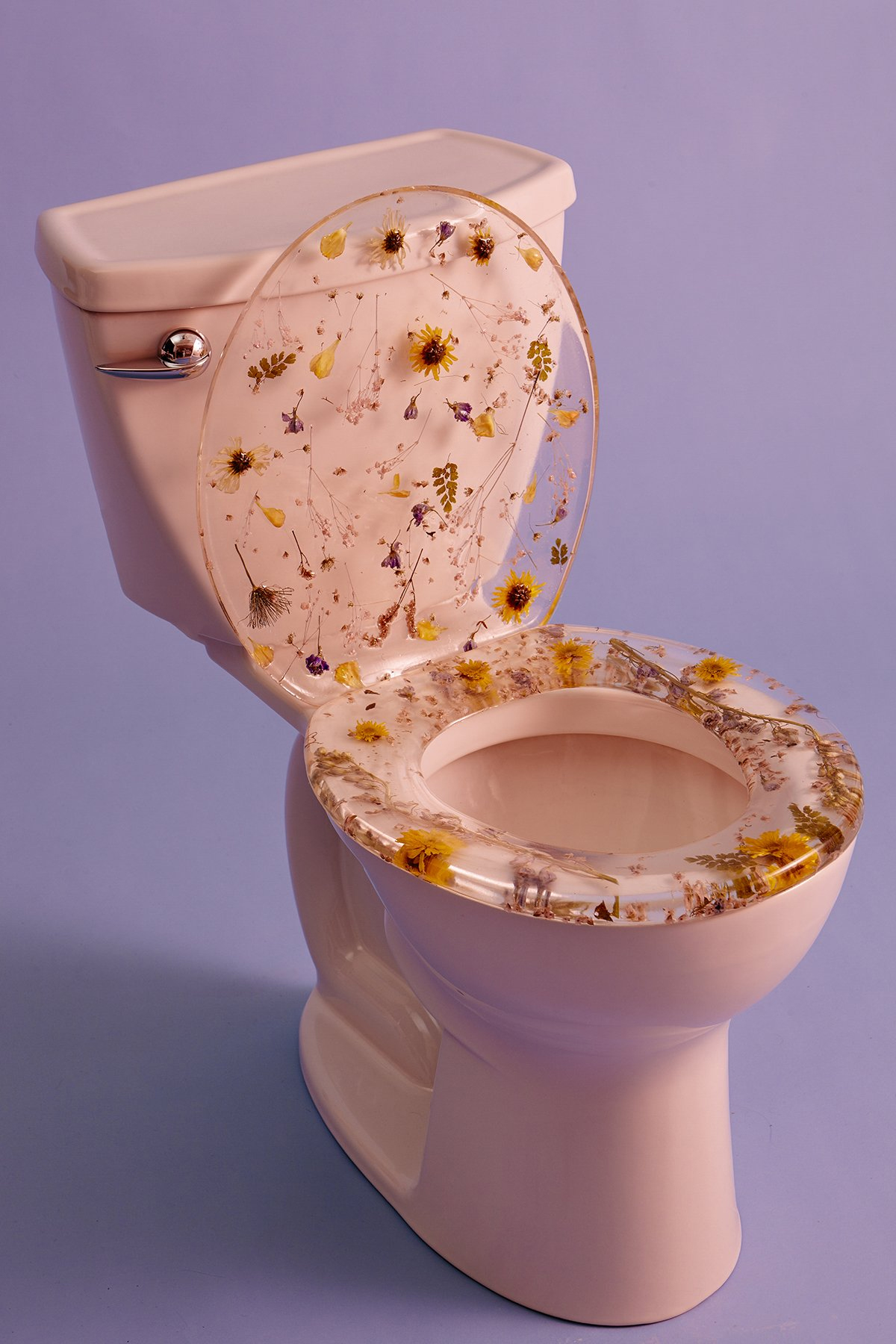Self-care down there: All the questions you’re too scared to ask about your vagina—answered

Intimate health is no joke. That’s why we’re answering all of your vagina-related questions—no judgement, no stigma
Ladies, our nethers are a complicated thing. Not only are our uteruses the subject of political scrutiny (the state of Malaysia’s sexual education says it all), female sexuality is still a taboo topic. Anything to do with lady parts of any kind is surrounded by a huge stigma, and to be honest, we’re over it.
Today, nothing is off the cards as we delve into all things to do with self-care down there, from how to shave your muff to why you desperately need a bidet in your life.
Should I shave my pubes?

We’ve actually already covered the whole ‘should we, shouldn’t we’ debate in fairly explicit detail, but if you’re looking for the TL;DR version, the answer is: Not if you don’t want to.
Body hair is completely natural, and there is nothing wrong with having some of it. That said, if you’d rather be baby-smooth, there’s nothing wrong with that either!
READ: Hot take: Women shave because capitalism told us to
Should I shave if I’m going to have sex?

If there’s one bit of advice you take from this article, please let it be this: Definitely don’t shave your vagina just before you have sex. Sex is messy, and the last thing you need on your freshly irritated skin is a hefty helping of… bodily fluids (gross!). Not to mention, the friction that comes with sex won’t help with fending off the ingrown hairs.
If you’re shaving out of—ahem—consideration for your partner, try having a chat with them and simply asking them whether your pubes are even a problem in the first place! You could save yourself a lot of trouble (and save your vulva the razor burn).
However, if it’s just that you prefer the aesthetic and you’re looking to tame the bush before getting down and dirty, make sure you leave at least a day for your groin to settle (follicles and all!).
How do I shave down there?
When it comes to going baby-smooth, the only important thing to keep in mind is that you have to do things the right way if you’re going down the DIY route. Here are our foolproof seven tips:
1) Use a single-blade razor
Not only is this better for the environment (less blades in landfill), it’s also better for your skin. We explain it fully here, but essentially, using a sharp single-blade razor will help you avoid ingrown hairs and irritation. To top it off, it doesn’t take long to get the hang of, either.
2) Prep the area with a warm shower
A warm-to-hot shower will help to soften the hairs and make them easier to shave.
3) Trim the hairs down
Trust us on this one: Shorter hairs will help to prevent blade clogging and therefore speed up your shaving process.
4) Don’t skimp on the shave butter (or gel, or cream)
A good lather will help your blade glide with minimal irritation, and also help to further soften the hairs for the once-over. Don’t hesitate to reapply, especially if you’re going over some spots twice!
5) Go easy on the strokes
You don’t have to push down with the razor too hard—light, gentle strokes will do the trick just fine and save you from the added irritation. To get the closest shave, make sure you’re pulling your skin taut (this also helps avoid nicks and cuts)
6) Rinse your razor often
A quick rinse of the blade every few strokes is integral to removing built up hair, dead skin and shaving gel and extending the life of your razor.
7) Moisturise
With such a sensitive area, moisturising is super important. Using a fragrance-free, non-comedogenic moisturiser will help to soothe the area and prevent the skin from getting itchy and dry. Bonus points if you can find a moisturiser with aloe in it!
You can always go for a professional bikini wax, too, if shaving isn’t for you. Just make sure you’re going to a licensed beautician to reduce your risk of infection and ensure the process is as painless as possible.
How do I clean my vagina? Should I douche it?

It’s important to get something straight: a healthy vagina doesn’t smell like flowers. Chances are, it probably just smells like a vagina—and that’s not inherently a bad thing. Your vagina has a very delicate balance of natural flora (the billions of ‘good’ and ‘bad’ bacteria that live in your lady bits).
This balance helps to maintain the natural acidic pH of your vagina, which is what protects it from infection and irritation. Add a few sweat glands into the mix and it’s really no wonder you don’t smell like fresh-cut roses down there. On top of that, the conditions inside your vagina change along the course of your menstrual cycle, which means that the way your vagina smells is likely to vary day-by-day.
Trying to clean out your vagina with a douche will disrupt this bacterial balance, leading to an overgrowth of harmful bacteria. This can lead to serious issues such as yeast infections and bacterial vaginosis. With this in mind, the best course of action is to just leave your vagina alone. Other than a quick rinse of your vulva (your external genitals) with a gentle soap in the shower, there’s not much else it needs. In fact, your vagina has a pretty robust cleaning programme built-in—it produces mucous which helps to clear away blood, semen and vaginal discharge.
READ: Everything you need to know about endometriosis, the invisible illness
However, if you’re now thinking “Hey. I’m serious, it smells like a dead fish/my decaying compost bin/(add colourful description here)”, then we’ve got a problem on our hands. If you notice a distinct change in your vaginal smell that is genuinely abnormal—especially if it’s accompanied by itching, pain, or abnormal discharge, then you should head to the doctor ASAP.
The general message here is that if you’re thinking of douching because you’re concerned about the smell of your vagina or your vaginal discharge, you’re better off seeing a doctor.
Why do I need a bidet?

There are a huge array of benefits to using a bidet after you take a trip to the loo. Firstly, as we covered in our UTI FAQ, staying hydrated and peeing often is the best way to avoid a UTI (and stave off any recurrences). However, taking it one step further, giving the area a rinse after you wee is also a good move in preventing bacterial infection.
READ: Everything you could ever need to know about UTIs, explained
That’s not where the benefits end, though. Think about your panties—they’re in direct contact with your vagina and your anus, which means that any nasty bacteria left on your skin after your trip to the loo ends up on your pants. This makes it super easy for the faecal contamination to infiltrate your urethra (where it can cause yet another UTI), or your vagina (which can lead to a whole host of issues).
If you’re still not convinced, imagine you have poop on your hands. Would you just wipe it off and move on? No, you’d double down on your hand washing routine, soaping up and ensuring that all the nasties are gone. So, why wouldn’t you do the same for your nethers?
Our final case for bidets? It’s far less irritating on the skin than wiping. If you have a UTI or, do forbid, diarrhoea, a bidet is your best friend.
READ: Irritable bowel syndrome: What is it and do I have it?
Why does my vagina itch?

Chances are, there’s nothing seriously wrong with you. Vaginal itching, although uncomfortable, is largely non-threatening. It may just come down to an irritating substance on your genitals; this can be anything from soaps, laundry detergents, bubble baths or any other irritating allergens. Alternatively, your intimate itchiness may also be a result of an existing skin condition, such as eczema or psoriasis. Further, perhaps you’ve done a bad shave job and the razor burn is giving you the itch. As for you older ladies out there, we’re sorry to inform you that the itch you can’t scratch may be thanks to your menopause.
In these cases, simple changes in your hygiene and lifestyle routine will make a world of difference. Firstly, if it’s an irritation thing, identifying the root cause and avoiding it like the plague will help resolve your issues.
However, in some severe cases, an infection may be to blame. This could be from a yeast infection, bacterial vaginosis or a sexually transmitted infection. These causes are often accompanied by pain, redness, swelling, urinary issues, unusual vaginal discharge or other abnormal symptoms. If this is the case, you should see a doctor ASAP.
Can I bleach… down there?

Everyone, let’s say it together: Vulval and anal bleaching. Now that we’ve got that out of the way, let’s talk about the phenomenon.
The darkening of the skin around the genitals is just something that happens naturally with time; just a consequence of being a person with a vagina. The societal belief that women need to lighten their genitals to be desirable is an unnecessary beauty standard, largely perpetuated through pornography.
Still, many women aspire to it because they perceive it to be more attractive, which has led to disastrous consequences. A quick Google search will have you met with an array of DIY solutions to these intimate issues—some even suggest using concoctions of lemon juice, tomato juice, and sandalwood to lighten the skin around the vulva. Hopefully, we don’t have to explain why rubbing food on your genitals is a bad idea.
The professional solutions are hardly better, though. The American Committee of Obstetrics and Gynaecology has taken a stance against vaginal rejuvenation and other cosmetic vaginal practices, stating that women should be “informed about the lack of data supporting the efficacy of these procedures and their potential complications, including infection, altered sensation, dyspareunia, adhesions, and scarring”.
Basically, it’s best if you steer clear of it.
For more intimate health stories, click here.
| SHARE THE STORY | |
| Explore More |



